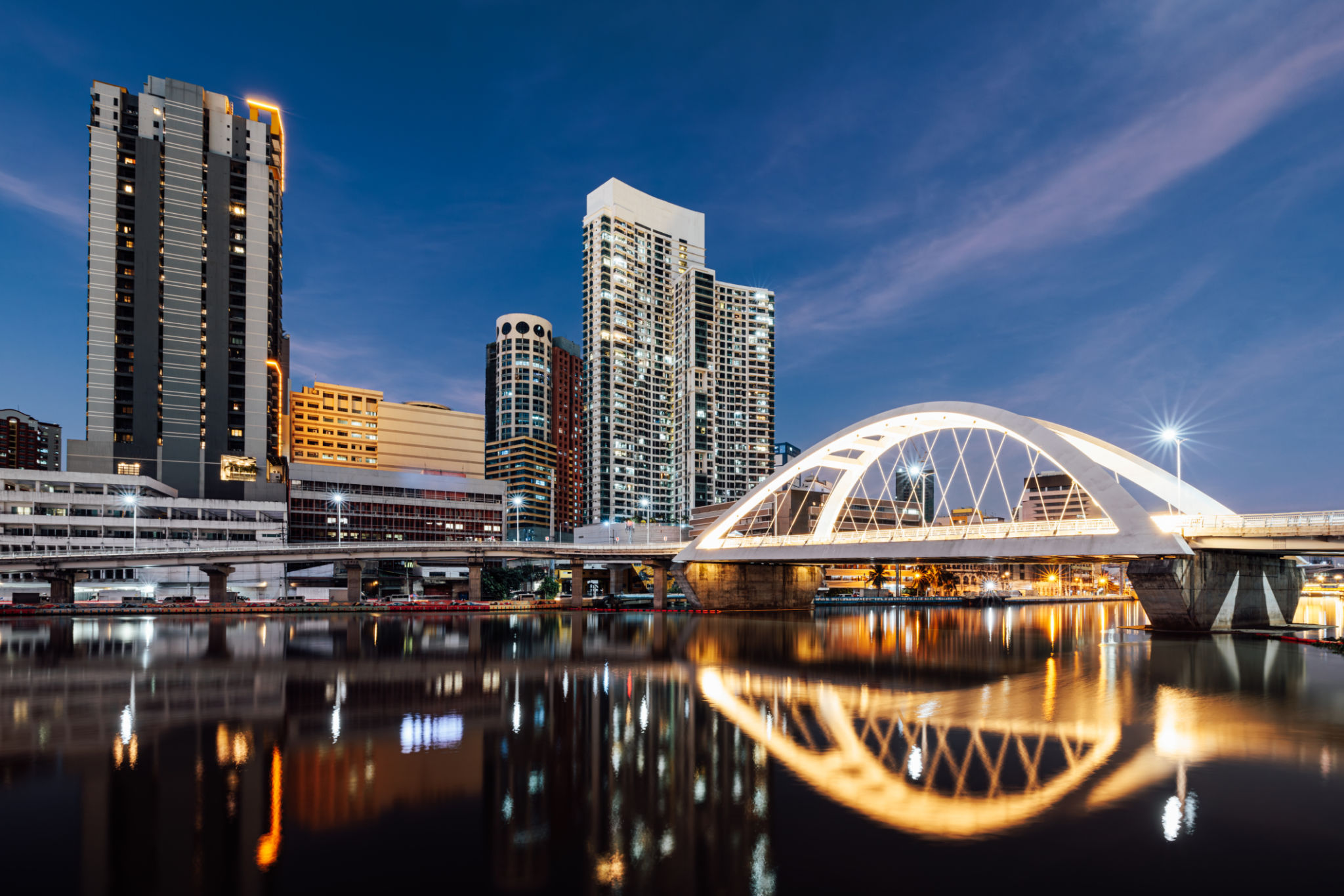Case Study: Successful Hazardous Waste Management Projects in Manila
Introduction to Hazardous Waste Management in Manila
Manila, the bustling capital of the Philippines, faces significant challenges in managing hazardous waste due to its dense population and rapid industrialization. Hazardous waste management is crucial for safeguarding public health and protecting the environment. In recent years, several successful projects have emerged, setting benchmarks for effective waste management in urban areas.

Project 1: The Eco-Friendly Industrial Park Initiative
The Eco-Friendly Industrial Park Initiative is a pioneering project that aims to integrate sustainable waste management practices into industrial operations. Located on the outskirts of Manila, this project focuses on reducing industrial waste through innovative recycling and treatment techniques.
Key features of this initiative include:
- Implementation of advanced waste segregation systems.
- Utilization of state-of-the-art recycling technologies.
- Collaboration with local government units to ensure compliance with environmental regulations.
This project has significantly reduced hazardous waste output, making it a model for other industrial zones in the region.
Project 2: Community-Based Waste Segregation Program
In the heart of Manila, a community-based waste segregation program has been making waves. This project empowers local communities by providing education and resources to properly segregate and manage waste at the household level. The program has been instrumental in reducing the volume of hazardous waste that reaches landfills.

Through workshops and seminars, residents learn about the importance of waste segregation and are equipped with tools to implement these practices effectively. The success of this program lies in its grassroots approach, fostering a sense of responsibility among community members.
Project 3: Technological Innovations in Waste Treatment
Technological innovation plays a vital role in hazardous waste management. A notable project in Manila focuses on using cutting-edge technologies for waste treatment. This initiative involves the deployment of advanced incineration and plasma gasification technologies, which efficiently process hazardous materials, converting them into energy and reducing landfill dependency.
The project has not only decreased environmental pollution but also contributes to the city's energy supply, demonstrating how technology can be leveraged for sustainable waste management.

Lessons Learned and Future Directions
The success of these projects offers valuable lessons for other cities grappling with similar challenges. Collaboration between government agencies, private sectors, and local communities is essential for effective hazardous waste management. Additionally, continuous education and innovation are critical in adapting to evolving environmental needs.
Moving forward, Manila aims to expand these initiatives and explore new technologies to further enhance its waste management capabilities. By doing so, the city not only protects its environment but also sets a precedent for sustainable urban development across Southeast Asia.
